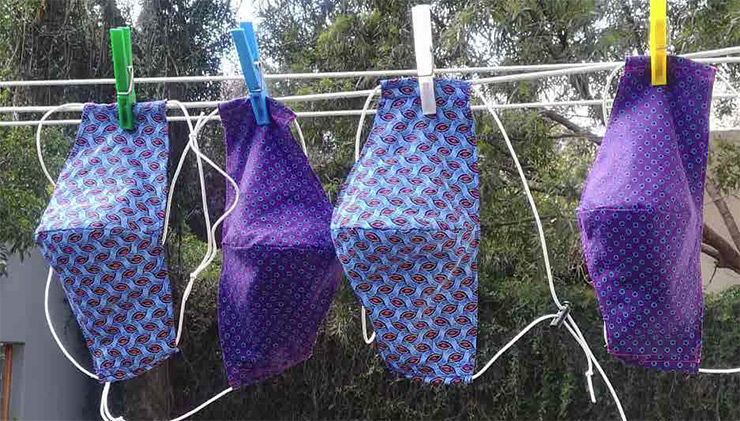By Nicole Dayanand: Staff attorney, Durban
Our Constitution was drafted carefully and with great deliberation. In general, our Constitution is a sophisticated piece of legislation. It provides for a number of aspects, all of which are important, but the most well-known chapter is the Bill of Rights. The Bill of Rights is the foundation of our Democracy in South Africa, with Chapter 2 of the Constitution of the Republic of South Africa, 1996 (the Constitution) providing for a wide range of rights, which include the following: freedom of religion, belief and opinion, freedom of movement and residence, freedom of trade, occupation and profession.
Section 36 of the Constitution however provides for the limitation of rights. This means that in some instances the limitation of a right can be considered lawful. For a limitation to be lawful in terms of Section 36 of the Constitution, the requirements are:
- The limitation must apply to all people and not just one person or group;
- The limitation must be reasonable and justifiable in an open and democratic society;
- The limitation must be based on human dignity, equality and freedom.
Section 36 of the Constitution further specifically provides that when limiting rights all relevant factors must be taken into account, including:
- The nature of the right;
- The importance of the purpose of the limitation;
- The nature and extent of the limitation;
- The relation between the limitation and its purpose; and
- Less restrictive means to achieve the purpose.
On 15 March 2020, the President declared a National State of Disaster and subsequently announced a nationwide lockdown for 21 days starting on 26 March 2020. In implementing the lockdown, regulations were put in place for the duration of the lockdown. These regulations limit some basic rights and freedoms as per Section 27(2) of the National Disaster Act 57 of 2002 (the Act). This section states that the President may make regulations concerning inter alia the regulation of traffic, the regulation of movement of persons and goods, the control and occupancy of premises and the suspension or limitation of the sale of alcoholic beverages.
Some examples of the regulations that were implemented are listed below:
- For the period of the lockdown every person is confined to his or her residence, unless strictly for the purpose of performing an essential service, obtaining an essential good, collecting a social grant or seeking medical attention;
- All businesses and other entities shall cease operation during the lockdown, save for any business or entity involved in the manufacturing, supply or provision of an essential service;
- A maximum of fifty people are allowed at a funeral. Burials or cremations within 24 hours require a permit from the police with a sworn affidavit and supporting letter from a cultural/religious leader;
- The movement of children between co-parents is only permitted if the parent are in possession of a Court Order, a registered parenting plan and a certified birth certificate of the child;
- The sale of clothing and essential goods for the care of toddlers up to 36 months is permitted;
- No person may be evicted from their place of residence for the duration of the lockdown;
- Grocery stores, wholesale markets, spaza/tuck shops and vegetable sellers providing essential goods may trade with written permission from their municipal authorities.
Section 27(3)(a) of the Act states that these regulations must only be exercised to the extent that it is necessary for the purposes of assisting and protecting the public.
In response to the nationwide lockdown, an NGO called The Hola Bon Renaissance Foundation brought an urgent application to the Constitutional Court to declare the lockdown unconstitutional (CCT 52/20). The Applicant submitted that, by declaring a lockdown, the President is violating the Constitutional rights of South African citizens including the right to freedom of movement, healthcare and food and that this was an abuse of power. The issue faced by the Court was whether the President acted unconstitutionally by declaring a nationwide lockdown due to the COVID-19 pandemic.
The Constitutional Court dismissed the application and refused to award costs to the NGO. This decision by the Constitutional Court was based on the fact that Section 36 of the Constitution clearly states that our rights in the Bill of Rights may be limited under certain circumstances. Section 27 (2) and (3) of the Disaster Management Act further supports the Court’s decision. The President has acted in terms of Section 27(2) by limiting movement and trade and only allowing essential services to carry on business. The lockdown protects the public against the COVID-19 virus and has proven to slow down the increasing rate of infection. At its core our Constitution purports to protect the people of this nation and the President’s decision to declare a nation-wide lockdown was made with that core value in mind.





